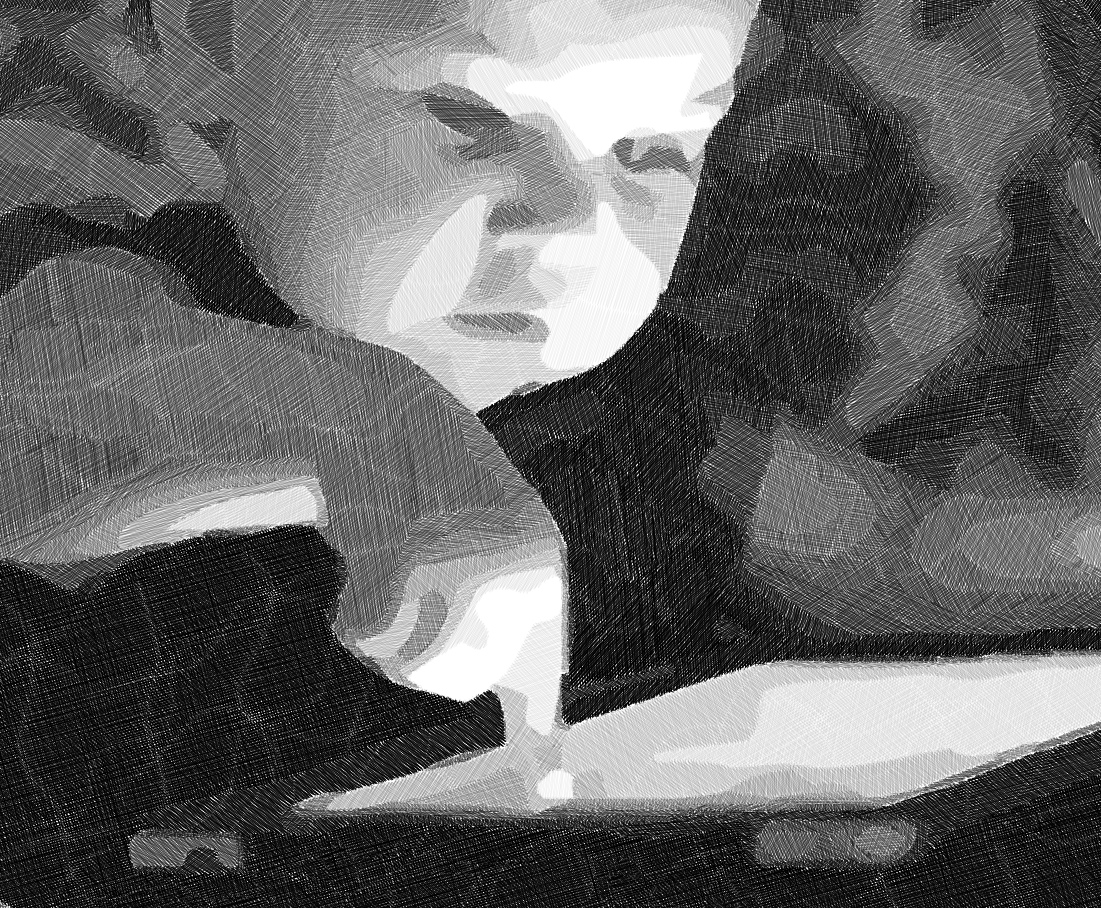by Kara Lily, Mawer Investment Management
This past week, one of my colleagues shared a learning at our weekly research meeting. Christian and his wife, Siggi, were on vacation when Siggi unfortunately dropped her iPhone into the bath. Remarkably, the iPhone survived. The two decided it would be a good idea to back up her data.
Christian was floored by the amount of data Siggi had used recently. On her old iPhone, Siggi had used 13 GB of data over a four year period, and yet, in less than a year, Siggi had used more than 5 GB of data on her new iPhone, almost half as much of what she used in four years. Christian reasoned that improvements in technology such as higher resolution videos and photos were leading to a significant increase in data usage. The implication being that this increase would have a massive impact on culture, how we use information, and what’s needed to process it.
Most of us nodded our heads. It is broadly acknowledged that mobile data usage is growing exponentially.
That’s when Stanislav, a fellow analyst, exclaimed, “No, Christian. It’s the BABY.”
We all laughed. Christian and Siggi had just had a baby in the last year. As a father of four, Stanislav deduced that there could be something more to the increased data usage than higher resolution videos and photos. What mother doesn't take hundreds of photos and videos of her first born?
Falsifiability and the fragility of knowledge
Humans are natural born storytellers. Hundreds of thousands of years ago, our ancestors developed the capacity to recognize patterns and to use this pattern recognition to weave stories together. It was one of the ways we made sense of the world. And it is precisely because of this tendency that we must always question the epistemological merits of any theory or discussion in which we take part. We must always remember how we know what we know. It is so easy to delude ourselves.
Karl Popper, a great philosopher of the 20th century, reminds us that theories are not proven but falsified. We may believe that “all swans are white” because all of the swans we see outside are white, yet this inductive observation would be inadequate to prove that all swans are white. It is deductively insufficient to infer a general rule from a set of individual cases. For example, it is illogical to conclude that housing prices only go up, simply because Canadian housing prices have climbed upwards for the last twenty years, like it is illogical for me to conclude that I am immortal, simply because I have been alive every day so far in my life.
Instead, our option is to falsify. While we cannot prove that all swans are white, just one black swan decisively falsifies the all-white-swans theory. This means that all theories must be rigorously tested. Only when a theory manages to withstand falsification is it appropriate to acknowledge it could potentially be true. Even then, it is still not proven. The hurdle of knowledge is maddeningly high.
Stanislav’s baby remark was a fresh reminder of how easy it can be to take an idea—a story—at face value. Humans have the natural tendency to fit stories into facts and facts into stories, especially when a preexisting notion exists. Yet simply because something seems to make sense does not make it true. We must test the validity and limits of theories and be wary of those that cannot be properly falsified. Knowledge is deceptively fragile.
Always look for the baby.
Kara Lilly
Copyright © Mawer Investment Management












